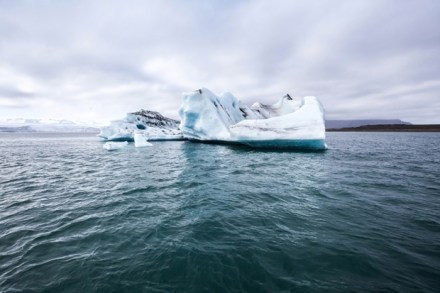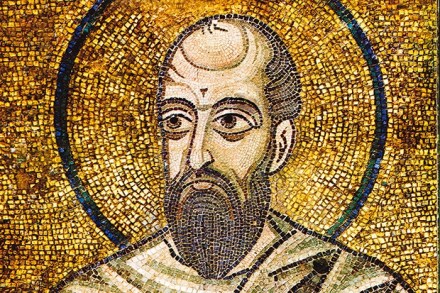The iceberg cometh
Every second novel is fated to be measured against its predecessor; and that comparison is particularly hard when the debut in question was acclaimed (Jenni Fagan’s The Panopticon was shortlisted for the Desmond Elliott Prize) or held to exemplify some modish literary sub-genre. Fagan’s style was tagged as ‘gritty Scottish realism’, and ill-served by comparisons




















